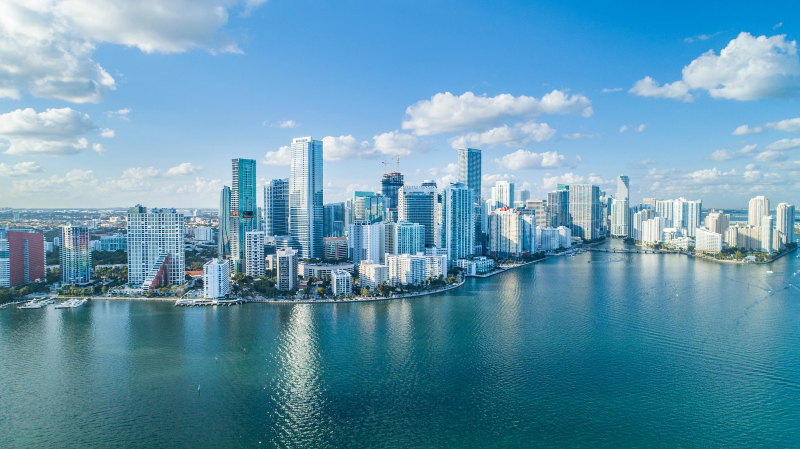
Mar 24, 2025
Florida lawmakers are updating the state’s affordable housing law, the Live Local Act, to address challenges developers face and streamline housing construction. The law, introduced in 2023, provides tax incentives for developers who include workforce housing in their projects but has faced resistance from local governments using zoning rules to slow development. Proposed updates aim to speed up the tax incentives, allowing developers to access them earlier in the approval process, and remove barriers that hinder progress, such as new permit fees and restrictions on density. These changes are seen as essential for addressing Florida’s growing affordable housing crisis. The bills are expected to be passed by the end of Florida’s legislative session in May.
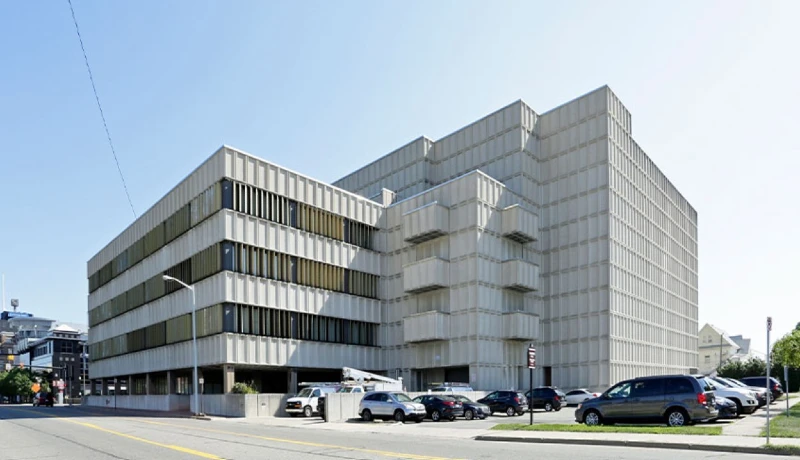
Jan 30, 2025
AT&T has sold over 13 million square feet of underutilized real estate to Reign Capital for more than $850 million in a sale-leaseback deal. The transaction involves 74 central offices across 23 states, which were originally built for outdated copper networks but are now only 35% utilized due to the shift to fiber and wireless systems. This strategic move allows AT&T to streamline its real estate portfolio while maintaining operational control of necessary spaces and securing a share in future redevelopment revenues. The deal, which closed on January 8, 2025, is part of AT&T’s plan to exit most of its legacy copper network operations by 2029 and serves as a model for future real estate transactions.
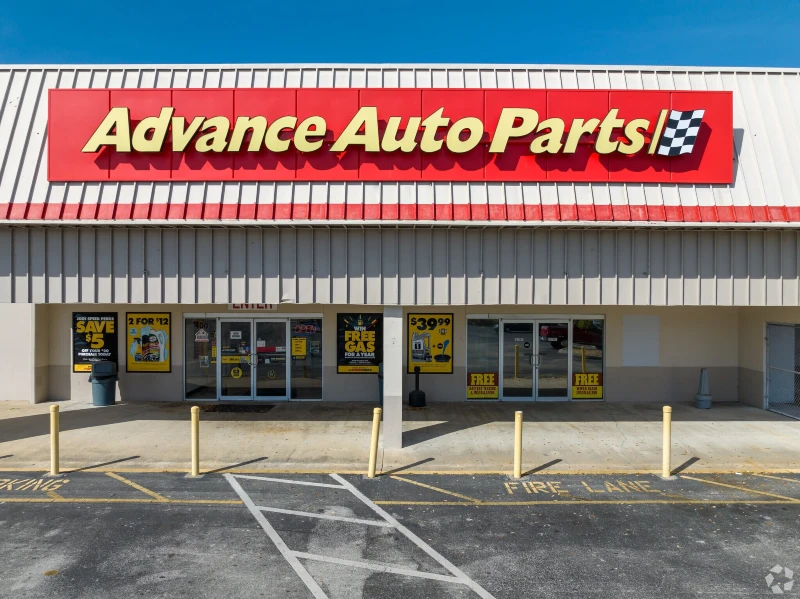
Jan 22, 2025
Advance Auto Parts has engaged Hilco Real Estate to sell over 200 of its stores and leases across 46 states, as part of a strategy to downsize its physical footprint. This portfolio includes both owned properties and leased locations, which range in size from 3,000 to 48,000 square feet, and are situated in urban areas and strong commercial corridors. The move follows Advance Auto’s announcement in November to close more than 700 stores and four distribution centers to improve profitability amid declining sales. Hilco will market these properties for sale individually, together, or in combinations, with offers being accepted until March.
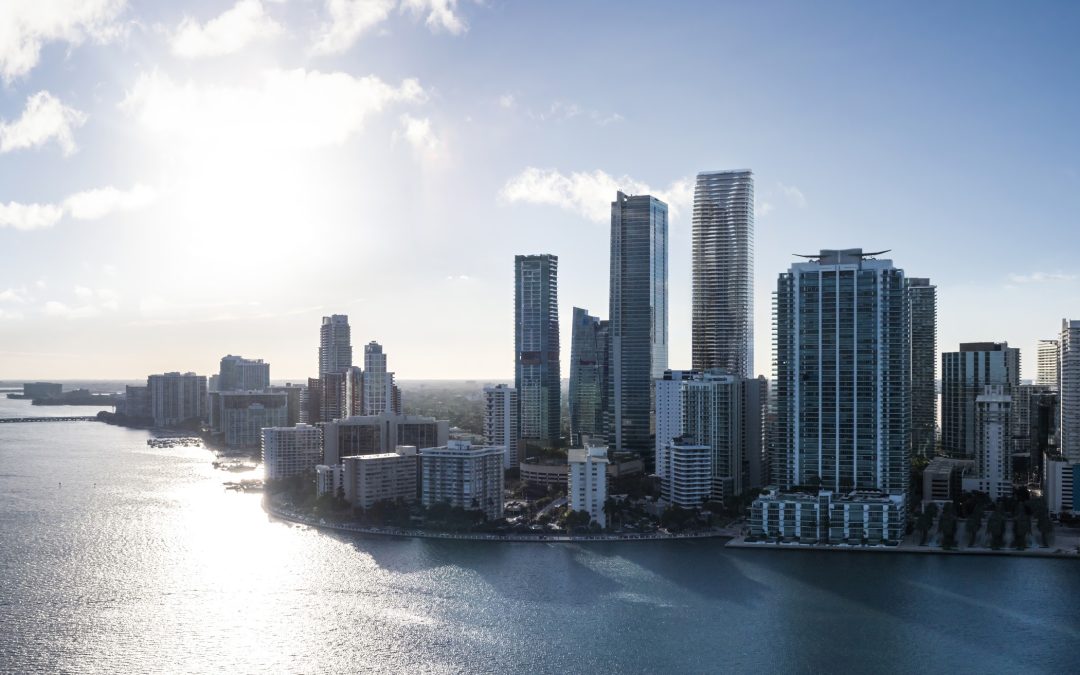
Nov 21, 2024
Miami developer Ytech has begun construction on The Residences at 1428 Brickell, an 860-foot luxury high-rise partially powered by solar energy through a “solar backbone” of 500 photovoltaic-integrated windows. This innovative 70-story tower will generate up to 175 megawatts of clean energy annually, reducing carbon emissions by 4,700 tons without relying on tax incentives. Featuring 195 fully furnished units priced from $3 million to $60 million, the project caters to Miami’s growing demand for larger, high-end condominiums. With over 50% of units presold, the building will include wellness-inspired amenities and is set to open in 2028, contributing to Miami’s status as a “vertical city.”
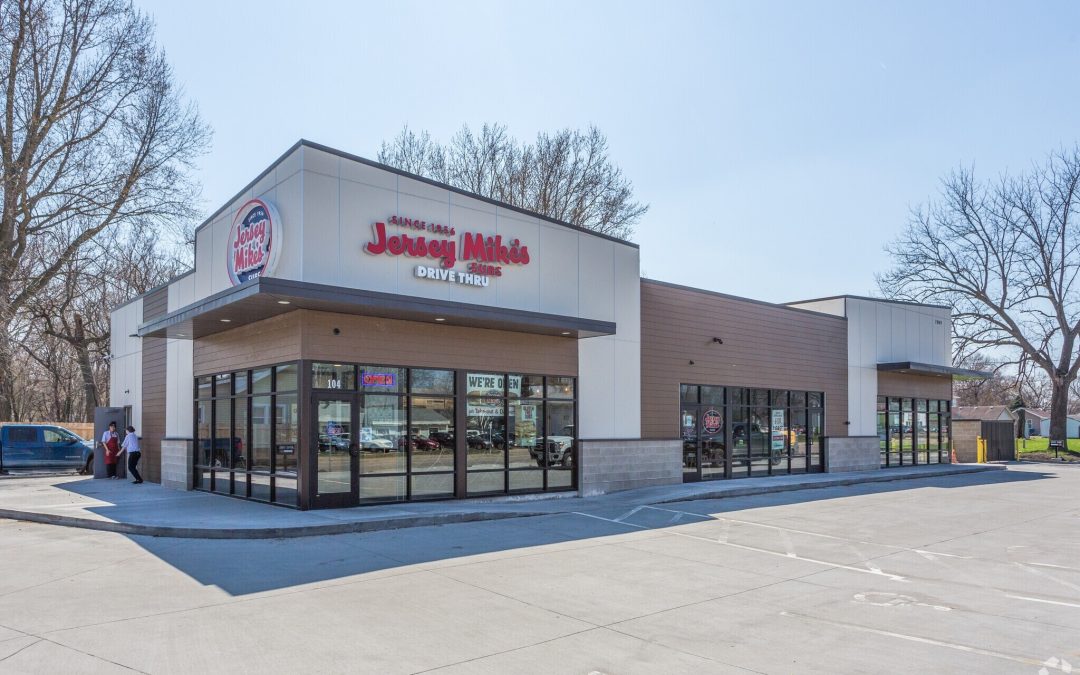
Nov 21, 2024
Blackstone, a major private equity firm, has agreed to acquire a majority stake in Jersey Mike’s Subs for around $8 billion, aiming to accelerate the sandwich chain’s expansion. Jersey Mike’s, the second-largest U.S. sandwich chain with over 3,000 locations, plans to leverage Blackstone’s expertise in growing franchise businesses to enhance U.S. and international growth, as well as invest in technology and digital transformation. Despite challenges in the restaurant industry, franchisors like Jersey Mike’s continue to attract investors due to their strong cash flow and growth potential. Founder and CEO Peter Cancro, who has led the company since 1975, will retain a significant stake and continue managing operations. The deal reflects Blackstone’s broader strategy of investing in high-growth franchises, adding to its recent acquisitions in the dining and hospitality sectors. Completion is expected in early 2024.
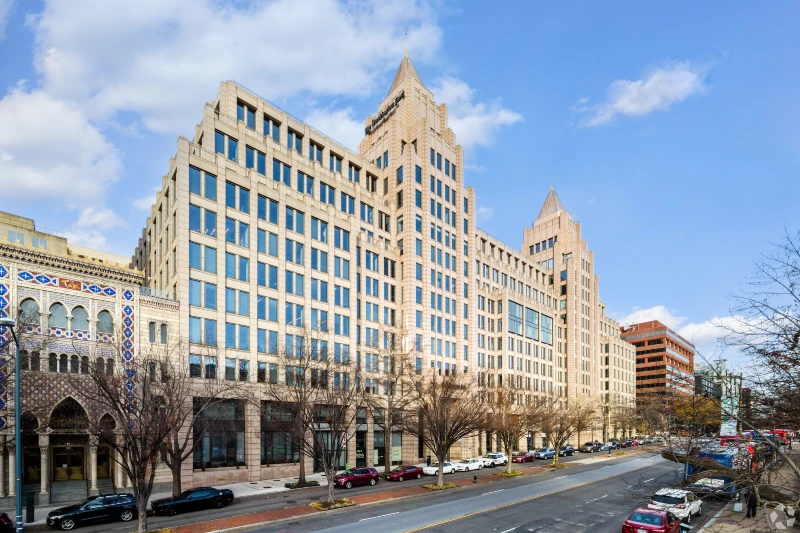
Nov 13, 2024
The Washington Post has announced a return to a five-day in-office workweek starting next year, ending its remote and hybrid policies established during the pandemic. Publisher Will Lewis emphasized the importance of in-person collaboration, stating that the company thrives on “great office energy.” Managers are required to return by February 3, 2025, while all other employees will follow by June 2. This shift aligns with similar policies from major companies like Amazon, which also recently mandated full-time office attendance. The move has faced criticism from the Washington Post Guild, which argues that it may disrupt productivity rather than enhance it.






